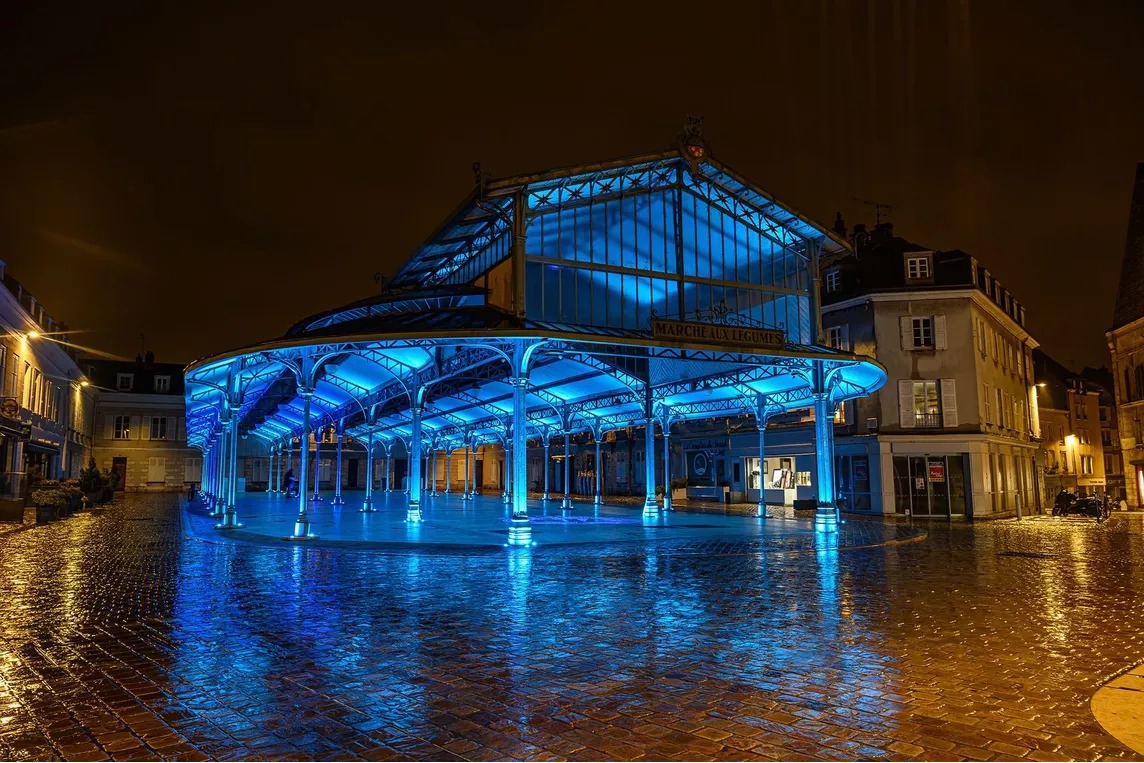MILAN – We are not yet at the levels of Hanover, where hot water has disappeared from all public buildings, including showers since the end of July, but Italian cities are also starting to equip themselves in their own way to reduce energy consumption, including limits to air conditioners, closed doors in shops and lights out. We must start somewhere if we want to put into practice the EU Regulation officially in force since yesterday.
New partners, austerity, regasifiers. Thus the government is preparing to overcome the delicate winter without Russian gas
July 18, 2022
–

At the end of July, the countries set the goal: a 15% cut in gas consumption from 1 August to 31 March 2023. For Italy, the goal is more modest, minus 7%, which translated means 4 billion cubic meters less than the expected 55. At the moment no constraints but only warm recommendations, so much so that each country is moving in no particular order. And in the same way, in patchy fashion, the Italian administrations are moving.
Turin is among the capitals to take more decisive action on this front, which has already chosen to reduce the intensity of public lighting, while keeping the timetables unchanged. In view of the autumn and the restart of the heating systems, the environmental department then asked Iren, the city distributor, to reduce the temperature of the public offices by two degrees. Strong recommendations but no ordinance in Milan by the mayor Sala, who asked the shops in the city to keep their doors closed, even if equipped with the so-called “air blades”, the devices that allow you to create a sort of barrier between the internal and external environment.
Russian gas cut to Italy and Austria. The EU prepares an emergency plan
by our correspondent Tonia Mastrobuoni
11 July 2022
–


The council also recommended not going below 26 degrees in offices, homes and shops. Also pay attention to the switches, with the invitation to public employees to turn off the lights at the end of the day.
In Rome, the hands are still stopped at the circular of March 22 last, valid until April 15, with which the Municipality had imposed a tightening on the heating. Then nothing more, not even on the front of the reduction of lighting. In Florence, the indications of the Administration have translated into a real ordinance. From 1 August 2022, keeping the door open in air-conditioned shops and establishments is prohibited: you risk a fine of between 25 and 500 euros. And in March the Municipality has also added recommendations to the legal requirements, with the invitation to “iron only what is necessary”, operate the washing machine only when fully loaded, keep the radiators at 18-19 degrees.
In Genoa, the municipal administration has initiated actions for energy saving “substantially on two fronts”, explains the deputy mayor Pietro Piciocchi, who is also responsible for the budget. “On the one hand, we are trying to renegotiate our contract with the manager. Then,” there is a whole component of good practices, starting with the use of air conditioners and lighting, following in this sense the directives that have arrived. by the government “. As far as the external lighting is concerned,” we have not foreseen any changes, no reductions: this is because all the systems are modern and with very low consumption. Even the lighting of the monuments has not been changed and we do not intend, at least for the moment, to apply any early shutdown “.
In Bari we work on several tracks, from the replacement of old street lighting lights with new LED systems to remote management for the control of school heating systems, which provides the “state of health” of the system and ensures significant savings on the costs of management.
In Belluno, on the other hand, Professor Carlo Cottarelli’s wish came true: lights turned off from 2.30 to 5 in the morning in the 6,800 street lamps of the city. At the time of his appointment as commissioner for the revision of expenditure with the Letta and Renzi governments, Cottarelli had been among the first to raise the issue of excessive public lighting. According to a 2018 study by the Italian Public Accounts Observatory directed by him, our country has a per capita consumption for public street lamps that is double the European average. In short, we are hyper enlightened. At this rate, for a little while longer.
–


